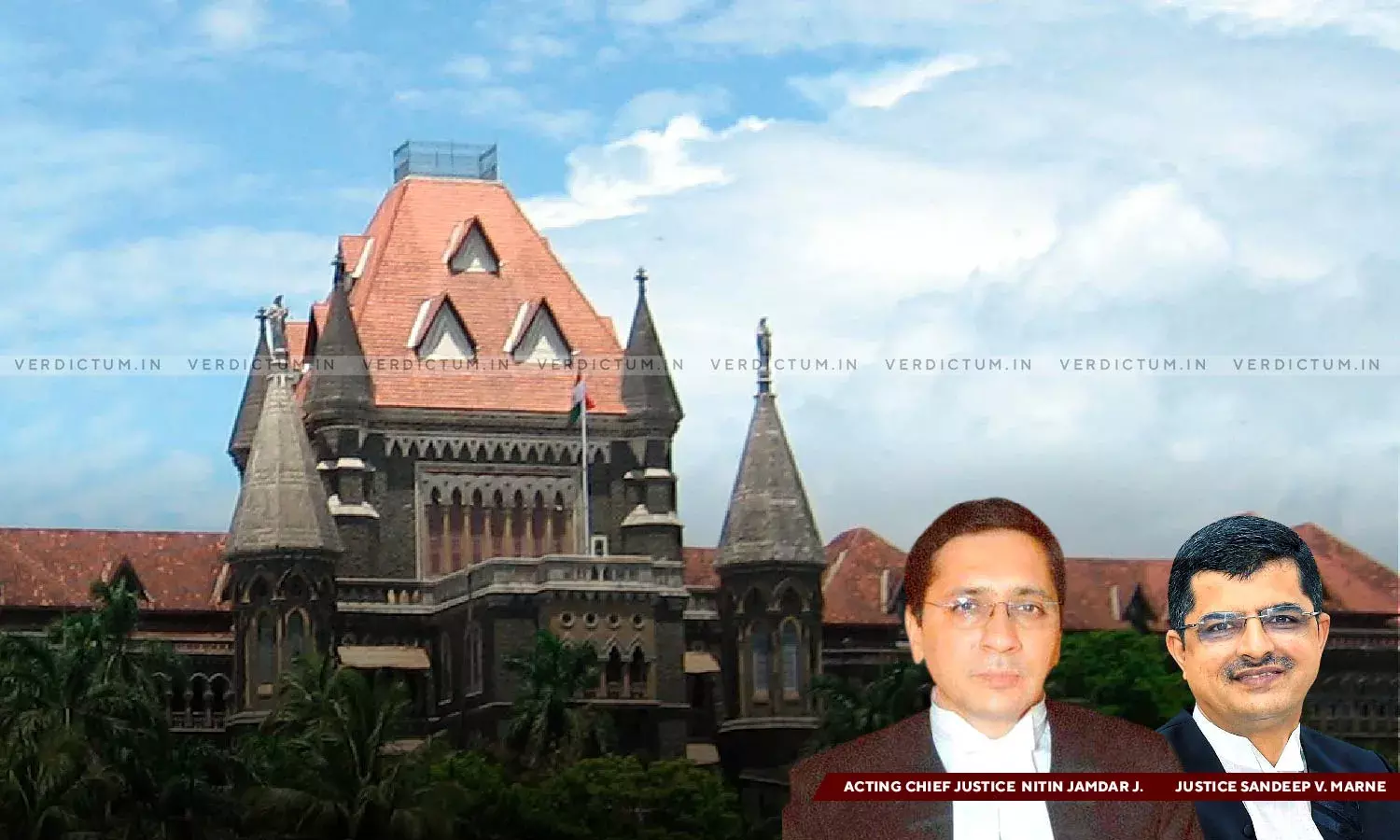Working Journalists Are Not 'Employees' ; Cannot File Complaint Of Unfair Labour Practice Under MRTU & PULP Act: Bombay HC

The Bombay High Court has observed working journalists are not employees under the Maharashtra Recognition of Trade Unions and Prevention of Unfair Labour Practices Act, 1971 (MRTU & PULP Act).
In that context, the Bench of Justice Nitin Jamdar and Justice Sandeep V Marne held that working journalists cannot file complaints of unfair labor practices under the said Act. In that context, it was said that, "The working journalists under Section 3 of the Working Journalists and Other Newspaper Employees (Conditions of Service) and Miscellaneous Provisions Act, 1955 are not included in the definition of "employee" under Section 3(5) of the Maharashtra Recognition of Trade Unions and Prevention of Unfair Labour Practices Act, 1971. Thus, a complaint of unfair labour practice filed by a working journalist under the MRTU and PULP Act is not maintainable."
Senior Counsel Sanjay Singhvi, along with others, appeared for the petitioner, while Counsel Anand R Pai, along with others, appeared for the respondents.
Two writ petitions involved a dispute between Dainik Bhaskar and a journalist, with the Industrial Court dismissing the journalist's complaint by determining he wasn't an employee. Another petition by Pioneer Book, a newspaper establishment, challenged the Industrial Court's decision favoring a working journalist. The Single Judge observed a conflict in previous Bombay HC judgments on the maintainability of working journalists' complaints and referred the matter to a larger bench.
The key issue was whether working journalists, covered by the Working Journalists Act, could be deemed employees under the MRTU & PULP Act, which defines an employee as per the ID Act. Working journalists argued for entitlement to benefits under both acts, contending the Working Journalists Act effectively included them in the ID Act's workman definition. Newspaper establishments argued that the Working Journalists Act was a comprehensive code for them, and legal fiction under Section 3 applied ID Act provisions exclusively. They contended this legal fiction shouldn't extend to the MRTP and PULP Act, maintaining that it's beyond its intended purpose and scope, and the Working Journalists Act doesn't alter the status of working journalists.
The High Court observed that working journalists constitute a distinct class with unique privileges and protections in their employment. In that context, it was said that, "This recognition of special status, distinct from other workmen, has been upheld based on the premise that working journalists form a separate category. The framework provided by the Working Journalists Act and Rules under it, along with the recourse offered to journalists under the Industrial Disputes Act, forms a specific arrangement. While the Working Journalists Act establishes a legal fiction equating working journalists with workmen, this fiction is limited. The status of working journalists remains distinct from that of regular workmen due to the retention of their special privileges."
Subsequently, the writ petitions were placed before the Single Judge for passing appropriate orders.
Appearances:
Petitioner: Senior Counsel Sanjay Singhvi, Counsels Bannet D'Costa, Jignasha Pandya
Respondents: Counsels Anand R Pai, Pratik Kothari, Avinash Patil
Cause Title: Indrakumar Jain vs M/s. Dainik Bhaskar & Anr.
Click here to read/download the Judgment

